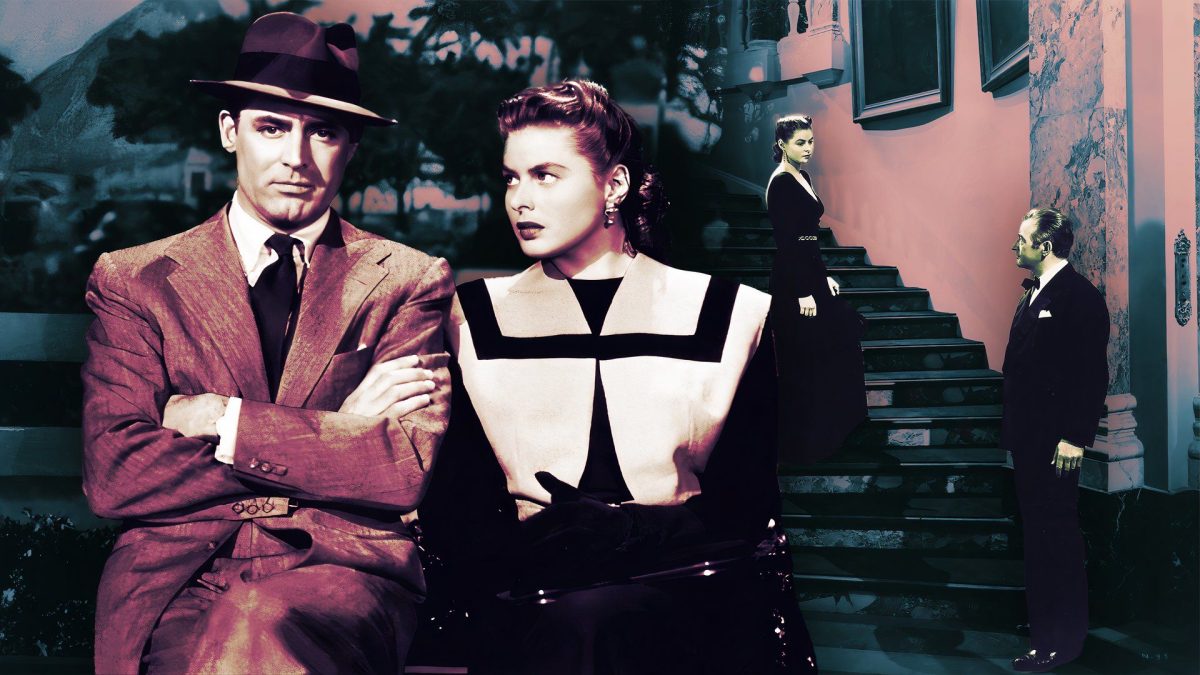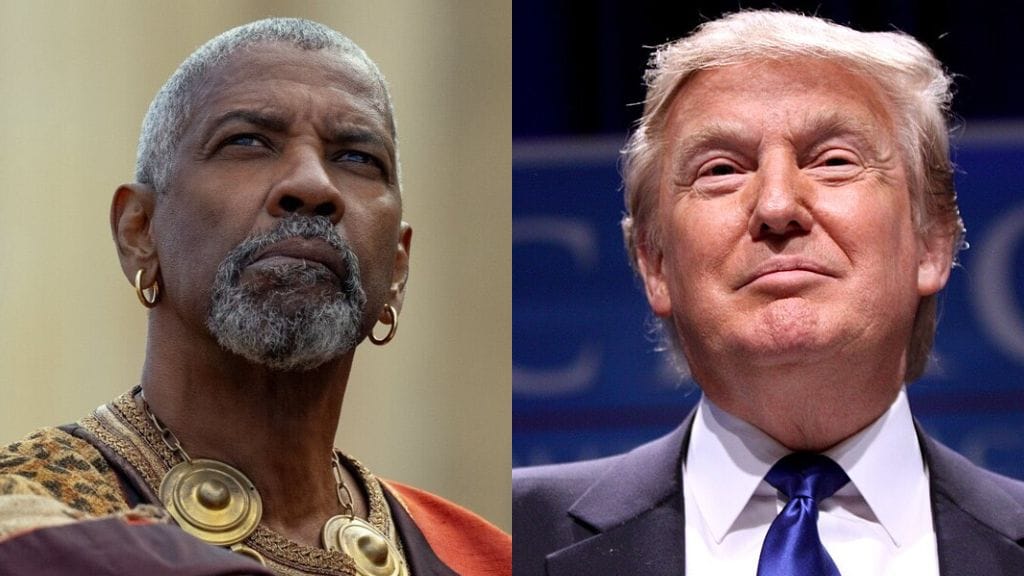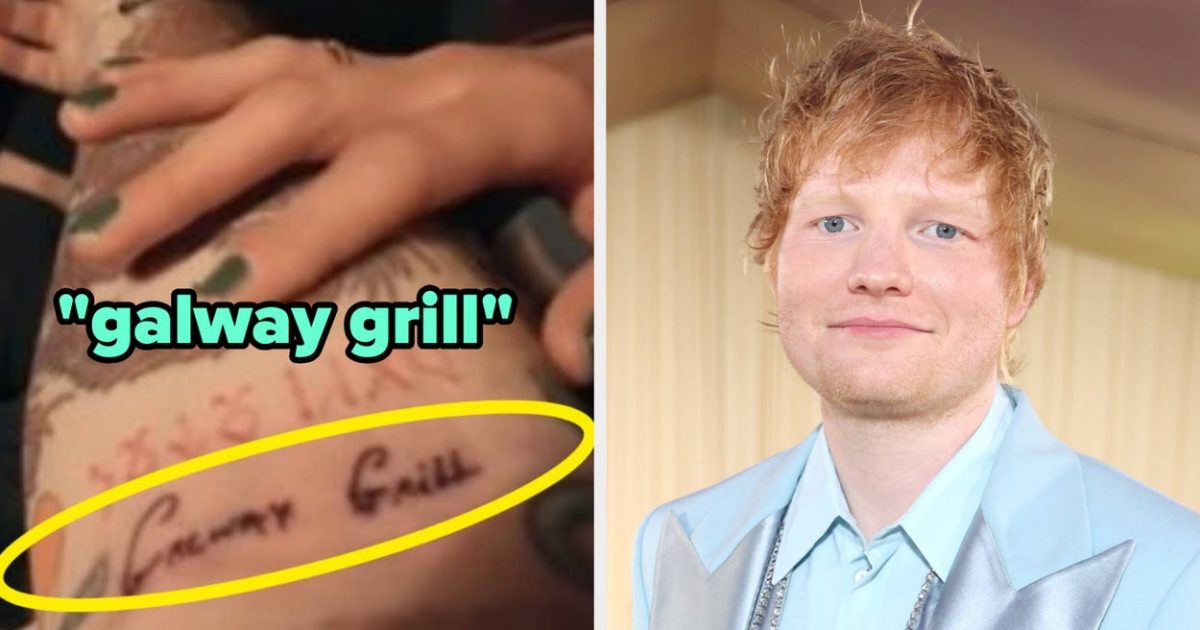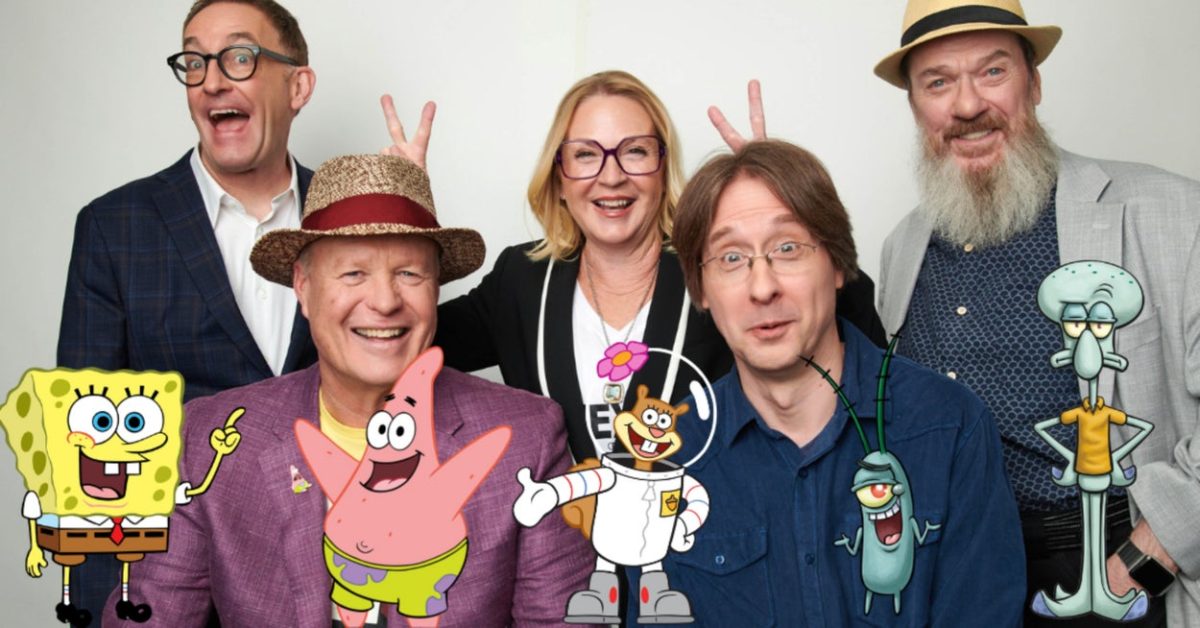
Alfred Hitchcock Tried to Leak the US Nuclear Project
Sep 24, 2024
Warning: This article contains major spoilers for the 1946 movie, Notorious.
Alfred Hitchcock’sNotorious is arguably the first in the genre of post-war Nazi political thrillers, but that wasn’t necessarily intentional. Think of it as the strangest companion piece to Oppenheimer you’ve ever heard of. The timing couldn’t be better for RKO Radio Pictures in 1946. Fresh off the war’s end, this film envisioned rogue Nazis conducting a revenge terrorist attack.
Starring Cary Grant and Ingrid Bergman, this understated noir is deemed one of the director’s finest, filmed at a time when he was still getting his footing in America thanks to the assistance of RKO boss David O. Selznick and writer Ben Hecht. It’s a star-studded cast and crew for sure. However, it took the contribution of far more people than that to create the movie, and yet you won’t find any scientists listed in the credits of Notorious.
All the typical Hitchcockian flourishes and recurring tropes are here: men living with their overbearing mothers, a silly plot contrivance which the entire story hinges upon (albeit far more artful than the absurd missing handrail in Vertigo), an abrupt climax, and a cameo by the director. That said, the caper’s subject is deadly serious, and all the more unusual as the subtext itself is a crass joke, a man pimping out his lover, manipulating a recovering alcoholic to sneak into a secured wine cellar as if to mock her further for her past.
As with most of his films, the details were window-dressing, secondary to the chemistry, the characters, set pieces, themes, and cinematography. The filmmakers allowed the viewers to fill in the blanks, not even the fate of the primary villain was revealed. When it comes to specifics, Hecht and Hitchcock didn’t elaborate, for obvious reasons. They knew too much.
While we are forced to assume the Germans are Nazi conspirators, their intended uses for the ill-defined nuclear super-weapon under construction are never stated. The film couldn’t come out and explain their plan was a nuclear bomb, lest it alert the Axis powers. Had Robert Oppenheimer’s weapon of mass annihilation stalled and Trinity dragged on into 1946, this film likely would have resulted in some very awkward questions for the English immigrant and RKO and would have been postponed or censored, forcing re-shoots. The A-bomb might have been the destroyer of worlds to Oppenheimer, but in the mind of Hitchcock, it was nothing but a gimmick to fuel his latest romantic spy romp. MacGuffin, national security breach, what’s the difference?
The Manhattan Project Goes Hollywood
RKO Radio Pictures
The dawn of World War II prompted the mass proliferation of uncomplicated, patriotic movies. Hitchcock continued his level of quality during this time despite the limitations imposed. Regardless, his output at the time reflects the desire for one-dimensional, anti-German movies, filming Saboteur, Lifeboat, and Foreign Correspondent in short order, under the mandate of his employer, Selznick. Hitchcock added some ideas, but the script was largely the work by Ben Hecht, who had already won two Oscars by this point.
In Notorious, Grant plays the cynical federal agent coercing the alcoholic daughter of a German spy to go undercover in Río de Janeiro to “work for Uncle Sam,” portrayed by Ingrid Bergman. Tasked with infiltrating the inner circle of her hapless admirer, played by Claude Rains, she finds herself stuck in a love triangle. Rains imbues the villain with more pathos than the traditional Hitchcock foil, as the characters in this movie are fleshed out enough that they could easily have worked in any other setting or conflict with minimal changes. All the better considering how flimsy the plot is, the method of transport of the uranium picked on a lark because Hitchcock loved vintage wine.
Taking place after the war, but conceived well before the conflict had concluded in Europe, Notorious is a purely fictional depiction of exiled German sympathizers avenging the Third Reich. The planned strike, by means of a nuclear bomb project built by Nazi refugees in South America, is left for us to figure out. This idea is less goofy when you consider it was dreamed up in the middle of the war, well before the German war machine was conclusively obliterated, as they were struggling to build a nuclear program. The complexion of the story was altered when the setting was delayed until the then-current day of 1946, instead of April 1945, when it went into production. To protect the most top-secret operation in WWII, the director received zero official help from government consultants or scientific advisors.
How a Foreign National Obtained Inside Information
Universal Pictures
Hitchcock had friends in the newspaper world, one of whom happened to be a reporter for The New Yorker, Russell Maloney. Not content to let the juiciest gossip go to waste and unfit for print, Maloney let slip to the director about a clandestine location in the western United States, guarded by the US Army. According to Hitchcock and the Methods of Suspense author William Hare, Hitchcock discussed the Trinity nuclear testing openly with movie producers, hoping to entice them with a cutting-edge spy yarn that would capture the audience’s excitement. He was met with confusion by Selznick, who didn’t grasp why any US agent would care about radioactive dirt. Hitchcock was flexible. He considered this component the least essential element of the script:
“When I mentioned this to Selznick he said, ‘What uranium?’ I said, ‘It’s Uranium 235.’ ‘What’s that?’ he said. I said, ‘It’s the stuff they’re going to make the atom bomb from.’ ‘What bomb?’ ‘David,’ I said, ‘everybody knows about this. The Germans are trying to make heavy water in Norway: this is what it’s for.’ He said, ‘I think this is the craziest thing on which to base a picture.’ ‘All right,’ I said. ‘If you don’t like uranium, let’s make it industrial diamonds, anything you like–jewelry–I don’t care.'”
Keep in mind, no one but a handful of experts, professors, and government officials knew what an atom was in 1945, let alone what an atom bomb or a “chain reaction” entailed. Curiosity getting the best of him, he and Hecht dropped by a Cal Tech classroom for research. They chatted with a very nervous physicist named Robert A. Millikan, who vehemently denied the possibility of an A-bomb, and then immediately reported the inquisitive Brit. Hitchcock laughed off the whole incident. “I understand that I was watched by the FBI for the next three months afterwards.”
Selznick’s instincts were correct, but time proved Hitchcock right to stick with the uranium angle, the atomic bombings on Hiroshima and Nagasaki occurring months before the movie debuted, precisely as Notorious was being filmed. He did the reasonable thing for a director looking for timely material for his spy adventure. Fittingly, he used the science jargon as the ultimate “MacGuffin,” the object the characters kill for, but that we, the viewer, couldn’t care less about. What better plot device for a movie about espionage than a subject that the US government could neither confirm nor deny?
Could Hitchcock Have Been Tried for Revealing State Secrets?
RKO Radio Pictures
Was any of this legal? The answer is: Sort of. He was spared a visit from the FBI only due to the drawn-out production time that saw the bombs publicly used before the film could debut in 1946. Luckily, he avoided the fate of other A-bomb leakers such as Ethel and Julius Rosenberg, Hecht and Hitchcock having only hinted at the program rather than explicitly dishing out the fine details on fission. He skirted deportation, but that didn’t mean he wasn’t being monitored during pre-production. He did little to hide his plans for the movie, suggesting he never took the risk seriously or maybe found it amusing.
A theorized atomic bomb had circulated for a decade or longer, and Churchill was probably aware of the research, but, via his moles, Hitchcock was better informed than many in either the United States or British governments about the bomb-to-end-all-bombs being constructed in the desert. Hitch and Hecht were so well-informed they deduced the isotype used in the Little Boy bomb (Fat Man used plutonium 239 instead of uranium).
Sensing all the vague talk of mineral ores might baffle the average cinema attendee, he offered to alter the plot since neither he nor the producers were clear whether anyone watching would understand the significance of uranium as a weapon, as his conversation with Selznick indicated. This plot simply would make absolutely no sense to anyone outside a university physics department before August 1945. As for the stray Nazis on the loose in South America, we still don’t know exactly how he predicted that political situation so accurately. Too bad he didn’t act on it, or he could have made The Boys from Brazil while he was at it. The FBI was stalking him for good reason, so it seems.
Publisher: Source link
Celebs With Embarrassing Tattoo Mistakes Revealed
If read vertically from top to bottom and horizontally from right to left, which is how Japanese is read, the tattoo translates roughly to say "ring seven fingers." However, if the tattoo is read horizontally from left to right and then…
Dec 24, 2024
Bruce Willis’ Wife Emma Shares Family Photos Amid His Health Battle
Bruce Willis’ wife Emma Heming Willis is cherishing the good times. Almost two years after the Die Hard actor’s wife, his ex-wife Demi Moore, and his kids Rumer Willis, 36, Scout Willis, 33, Tallulah Willis, 30, Mabel Willis, 12, and Evelyn Willis, 10, announced that…
Dec 24, 2024
SpongeBob Cast Shares Heartfelt Favorite Episodes
I asked two main questions throughout our conversation. My first question: It's been 25 years of iconic quotes, hilarious episodes, and memorable moments. From the perspective of the people who voiced the characters and produced the show, is there a…
Dec 23, 2024
Erin Andrews Shares Her Celine Dion-Inspired Holiday Tradition
We interviewed Erin Andrews because we think you'll like her picks. Some of the products featured are from Erin's brand WEAR by Erin Andrews. Our writers and editors independently determine what we cover and recommend. When you buy through our links,…
Dec 23, 2024











